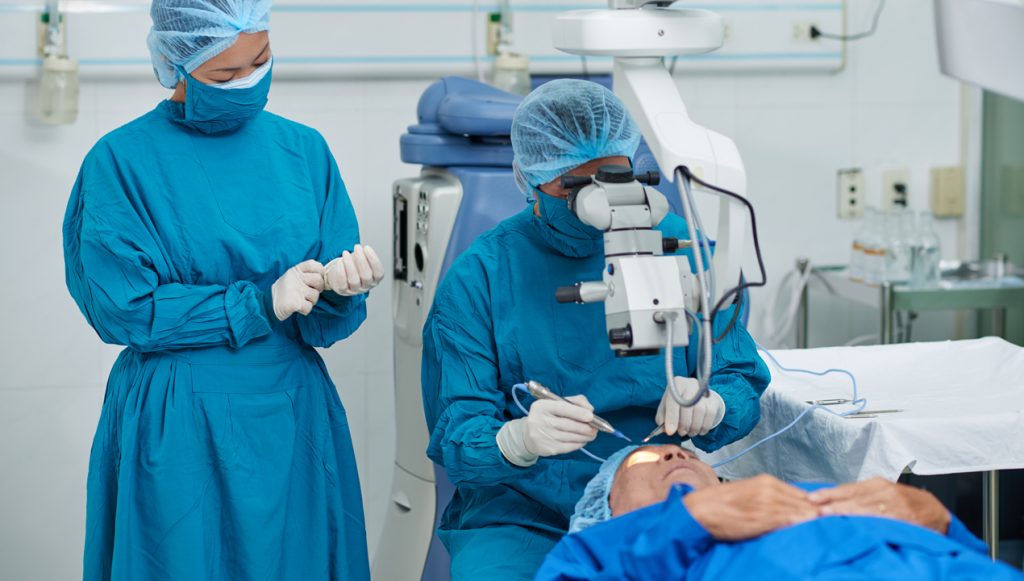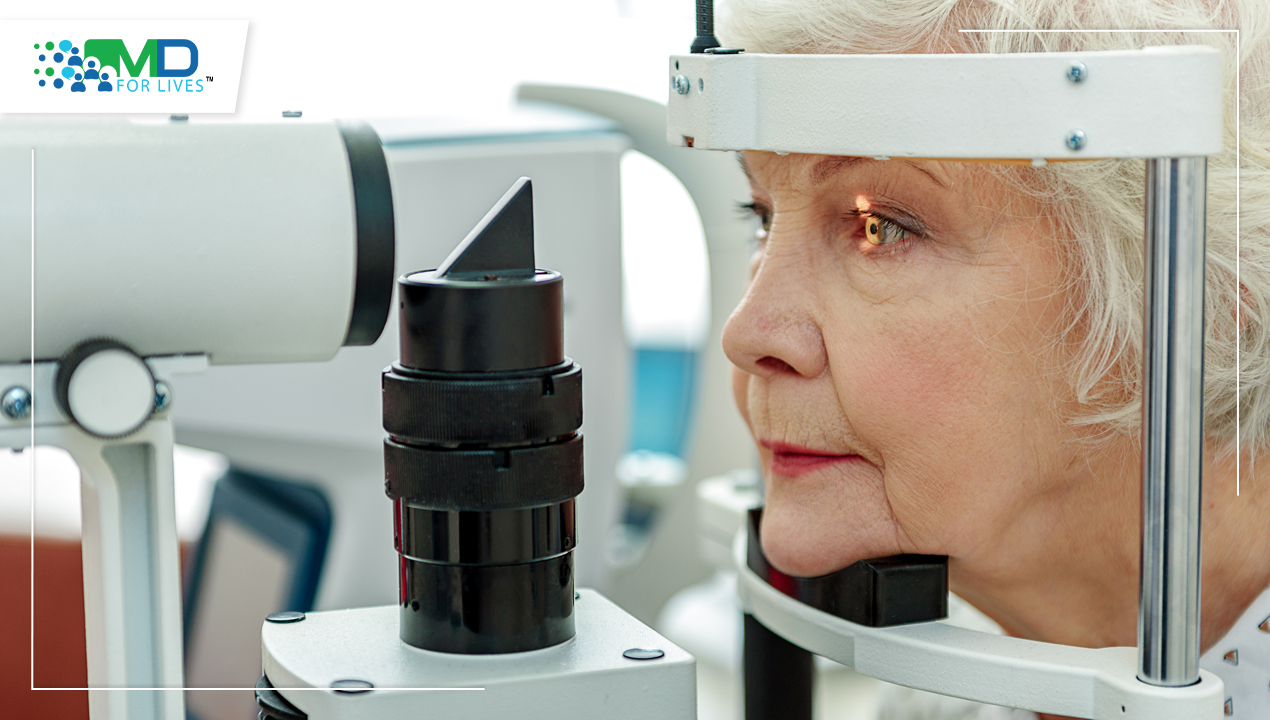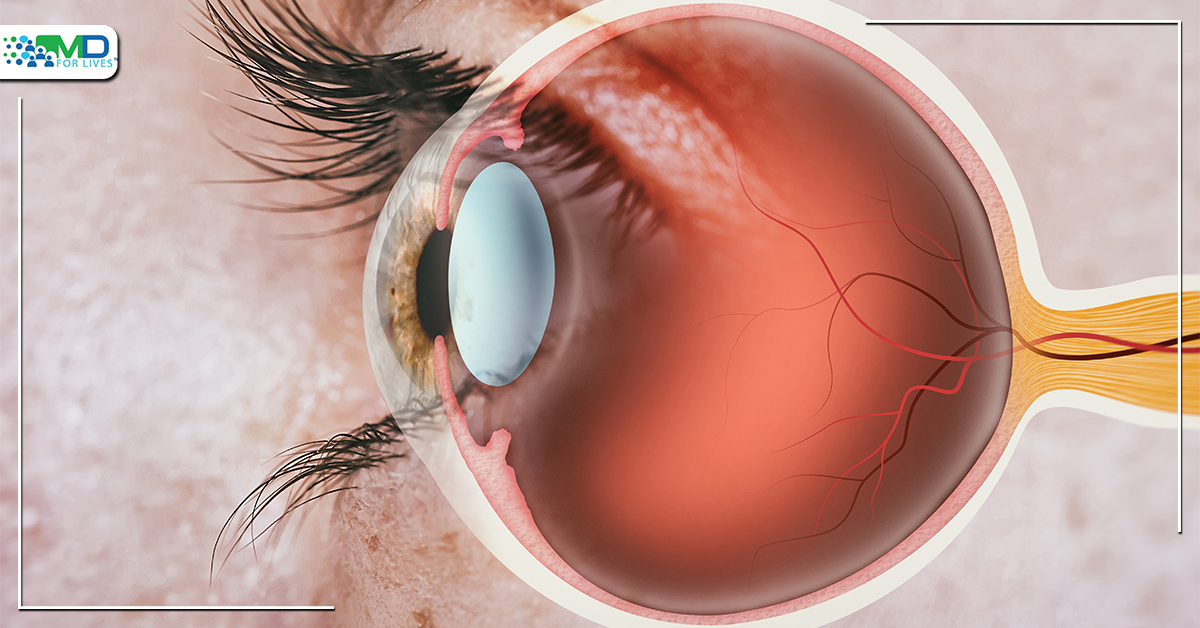Cataracts represent a prevalent eye ailment that can profoundly affect both your vision and overall quality of life. Cataracts occur when the natural lens of your eye becomes cloudy, causing blurry or hazy vision. Factors like aging, genetics, sun exposure and certain medical conditions can increase your risk of developing cataracts. The symptoms may start as mild visual disturbances and progress over time, affecting your ability to read, drive and engage in daily activities.
The good news is that cataract surgery is a highly effective and safe procedure that can restore your vision and improve your overall well-being. Whether you’ve just been diagnosed with cataracts or are considering cataract surgery, this comprehensive guide will walk you through the steps to take before and after the surgery to have the best cataract after surgery vision and reduce cataract after surgery complications.
What you need to know for an effective surgery and care after cataract laser surgery
- Consultation with an eye specialist
Before undergoing cataract surgery, it’s crucial to schedule a consultation with an experienced ophthalmologist. During this visit, your eye doctor will perform a thorough eye examination, including measurements of your eye’s curvature and the power of the intraocular lens (IOL) that will replace your natural lens. This is also an opportunity to discuss any concerns or questions you may have about the procedure.
- Preparing for surgery
Leading up to your surgery, your eye doctor will provide specific instructions to ensure you’re adequately prepared. These may include:
Medication review: Inform your doctor about any medications, supplements or eye drops you’re taking. Certain medications might require modification prior to undergoing surgery.
Fasting: Fasting instructions will probably be provided, requiring you to abstain from consuming food or beverages for a designated duration prior to the surgery.
Arranging transportation: Since you won’t be able to drive immediately after the surgery, arrange for someone to take you home.
Home preparation: Create a comfortable recovery area at home with essentials like prescribed eye drops, pain relievers and protective eyewear.
- The surgery process
Cataract surgery is commonly performed as a short outpatient procedure, lasting approximately 15 to 20 minutes per eye.
The steps involved include:
Anesthesia: Regional anesthetic is applied to desensitize the eye and guarantee your ease during the operation.
Lens removal: A tiny incision is made in the cornea, and the cloudy lens is broken into fragments using ultrasound energy and then gently removed.
IOL Implantation: An artificial intraocular lens (IOL) is inserted through the same incision to replace the removed lens, improving your vision.

- Cataract after surgery care
The recovery period after cataract operation is relatively short, but proper after cataract operation care is essential to ensure optimal results.
Here are some cataract after surgery precautions:
Rest and avoid strain: Rest your eyes for the first few days, avoiding activities that could strain your eyes, like reading, watching TV or using digital devices.
Eye protection: Use protective eyewear, especially while sleeping, to prevent accidental rubbing or touching of the operated eye.
Follow medication regimen: Administer prescribed eye drops and medications as directed by your doctor to prevent infection and promote healing.
Avoid irritants: Avoid exposure to dust, wind, smoke and bright sunlight, as they can irritate your healing eye.
Attend follow-up appointments: Regularly attend follow-up appointments with your eye doctor to monitor your progress and address any concerns.
- Enjoying improved vision
You will notice a significant improvement in your vision after cataract surgery as you progress through the recovery process. Colors will appear more vibrant, and you’ll regain the ability to see clearly and engage in activities you love. With the removal of the cataract and with cataract after surgery care, your dependence on glasses or contact lenses may also be reduced.
Why Is nutrition important after cataract surgery?
Proper nutrition is crucial to reduce cataract after surgery complications because it can:
Aid healing: Certain nutrients help speed up the healing process, reduce inflammation and minimize the risk of infection.
Promote eye health: Nutrients like vitamins C and E, zinc and omega-3 fatty acids support overall eye health and may help prevent future eye conditions.
Reduce complications: A balanced diet can help maintain stable blood sugar levels and prevent conditions like diabetes, which can exacerbate eye health issues.
Boost immunity: A well-nourished body has a stronger immune system, which is essential for preventing infections.

Post-cataract surgery dietary guidelines:
Hydration is key: Staying hydrated is vital for healing and overall well-being. Consume ample water and additional fluids that provide hydration.
Include Antioxidants: Foods rich in antioxidants, such as colorful fruits and vegetables (especially leafy greens, berries and citrus fruits), can protect your eyes from free radicals and inflammation.
Vitamin A-rich foods: Vitamin A is essential for good vision. Incorporate foods like sweet potatoes, carrots, spinach and pumpkin into your diet.
Omega-3 Fatty Acids: These healthy fats, found in fatty fish (salmon, mackerel, sardines) and flaxseeds, support eye health and reduce inflammation.
Vitamin C: This vitamin promotes collagen formation and wound healing. Oranges, strawberries, capsicum and broccoli stand out as exceptional reservoirs of these nutrients.
Vitamin E: Nuts, seeds and leafy greens provide vitamin E, which has antioxidant properties and supports immune function.
Zinc: Foods like lean meats, whole grains, nuts and dairy products contain zinc, which is beneficial for overall eye health.
Healthy fats: Incorporate sources of healthy fats like avocados, olive oil and nuts, which are essential for nutrient absorption and anti-inflammatory benefits.
Limit sugar and processed foods: These can contribute to inflammation and blood sugar spikes, which are not conducive to healing.
Avoid excessive sodium: Too much sodium can lead to fluid retention, affecting blood pressure and potentially increasing the risk of post-surgery complications.
Protein-rich foods: Lean meats, poultry, fish, eggs, legumes and dairy products provide protein, which is crucial for tissue repair.
Fiber-rich foods: Whole grains, fruits, vegetables and legumes provide fiber, aiding digestion and helping maintain stable blood sugar levels.
Are you in search of more healthcare blogs like this? Join MDForLives’ medical survey platform to discover a plethora of expertly crafted articles by medical professionals and experienced physicians. By becoming a member, you’ll not only access a treasure trove of informative blogs, but also gain the opportunity to partake in high-paying surveys designed for patients, intriguing case studies and much more.
Don’t miss out on expanding your healthcare knowledge – sign up with MDForLives now!
Conclusion:
Cataract surgery can be a life-changing experience, restoring your vision and enhancing your quality of life. By taking these steps before and after the surgery, you can reduce cataract after surgery complications, ensure smooth recovery and enjoy the benefits of improved vision. Remember, each individual’s experience may vary, so it’s essential to follow your doctor’s guidance closely and communicate any concerns you may have. If you’re ready to embark on your journey to better vision, consult with a skilled ophthalmologist and take the first step toward clearer and brighter days ahead.
Elevate your medical knowledge and engagement by joining MDForLives today.

MDForLives is a global healthcare intelligence platform where real-world perspectives are transformed into validated insights. We bring together diverse healthcare experiences to discover, share, and shape the future of healthcare through data-backed understanding.






